Illustrations by Patrik Mollwing
ChatGPT exploded onto the scene when it launched last November, swiftly becoming the fastest-growing consumer app in history, achieving 100m users in just two months.
Since then, a swathe of different professions have moved to exploit the chatbot’s powerful language model, developed by AI research and deployment company OpenAI. The chatbot analyses text and documents and provides detailed human-like responses to any questions asked.
Conveyancing, the legal process of buying and selling a home, is often considered slow and cumbersome and therefore a key potential use case for AI. It typically takes between 12 and 16 weeks in the UK (although the US average is between eight and 10 weeks) to sell a home and lawyers are overworked with average caseloads rising. They’re also over-reliant on paper-based processes, increasing the risk of errors.
Shifting more work onto a chatbot could help them quickly extract information from contracts, deeds, and mortgage agreements. As well as analyse data on things like historic transactions, local property market trends and legal precedents to gain an early heads up on potential issues.
Supporters of AI claim it frees up solicitors to focus on higher value aspects of a transaction such as negotiation, client communication and judging risk. However, sceptics point to limitations, including evidence of inaccurate or incorrect responses. There is also a lack of property data needed to ‘train’ it, and concerns over the inscrutability of its ‘thinking’ and whether insurance firms could ever accept the outputs.
Increasing reliance on AI should give conveyancers cause for concern, says Nigel Walley, managing director of property logbook company Chimni and chair of trade body the Residential Logbook Association: “Everything that has happened so far in proptech hasn’t really impacted conveyancers apart from making their jobs easier, quicker and hopefully more profitable. AI is different because it enables systems to read documents and make decisions in place of people. This attacks the very heart of what conveyancers are – bright people doing the thinking on our behalf.”
ChatGPT (standing for Chat Generative Pre-trained Transformer) has captured the attention of millions with its ability to provide adaptive, human-like responses to questions, engage in full conversations and even ‘author’ stories. It can generate entire articles or research papers based on simple text instructions.
The technology exploits large language models (LLM) trained on huge amounts of data. The current version, GPT3.5 (GPT4 is available to paid subscribers), was trained on 570GB of text data from the internet, including books, articles, websites, and social media. The 'transformer' architecture is its ‘brain’, a neural network that analyses and sorts through those billions of words to form intelligent insights and responses.
The technology isn’t in a finished state, but the extent to which it has outperformed previous attempts at natural language processing was a shock to many. Professor Richard Susskind OBE, president of the Society for Computers and Law, and technology adviser to the Lord Chief Justice of England and Wales has described it as “the most remarkable system I've seen in more than 40 years of working on AI.”
His keynote speech at the Conveyancing Association Conference this year was a wakeup call for the lawyers in attendance, says Walley: “His major thesis was: don't judge AI on the current performance of things like ChatGPT, you have to look at where it was five years ago, and where it will be in five years' time. By then it will likely be good enough to take over a big chunk of the process.”
Recognising ChatGPT’s potential to bring greater efficiency and time savings to traditional conveyancing processes, lawyers and proptech firms have been experimenting with it to assess the benefits.
“I can't imagine a professional indemnity insurance provider comfortable with the fact that the content of a report was generated by AI” Adrian Tagg MRICS, University of Reading
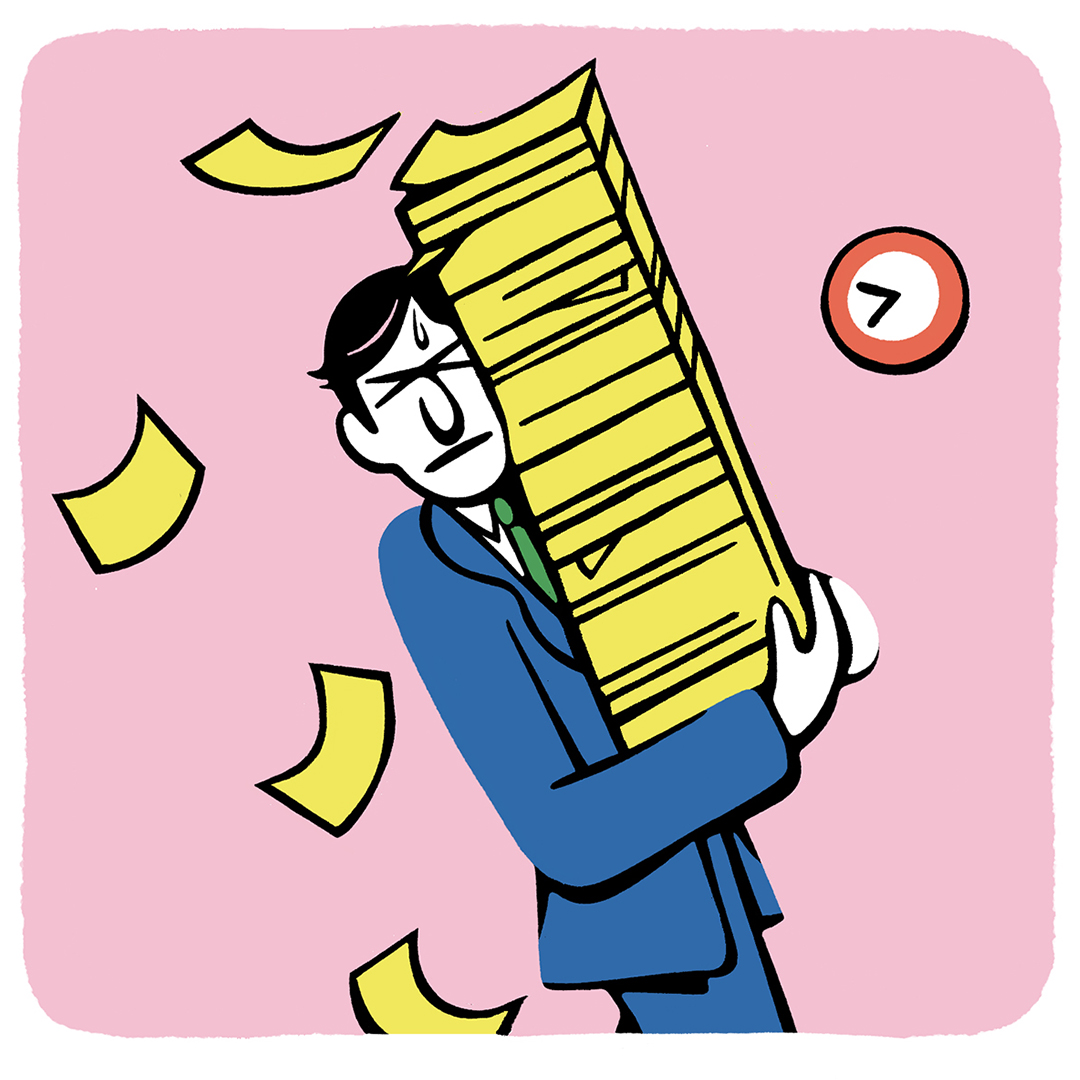
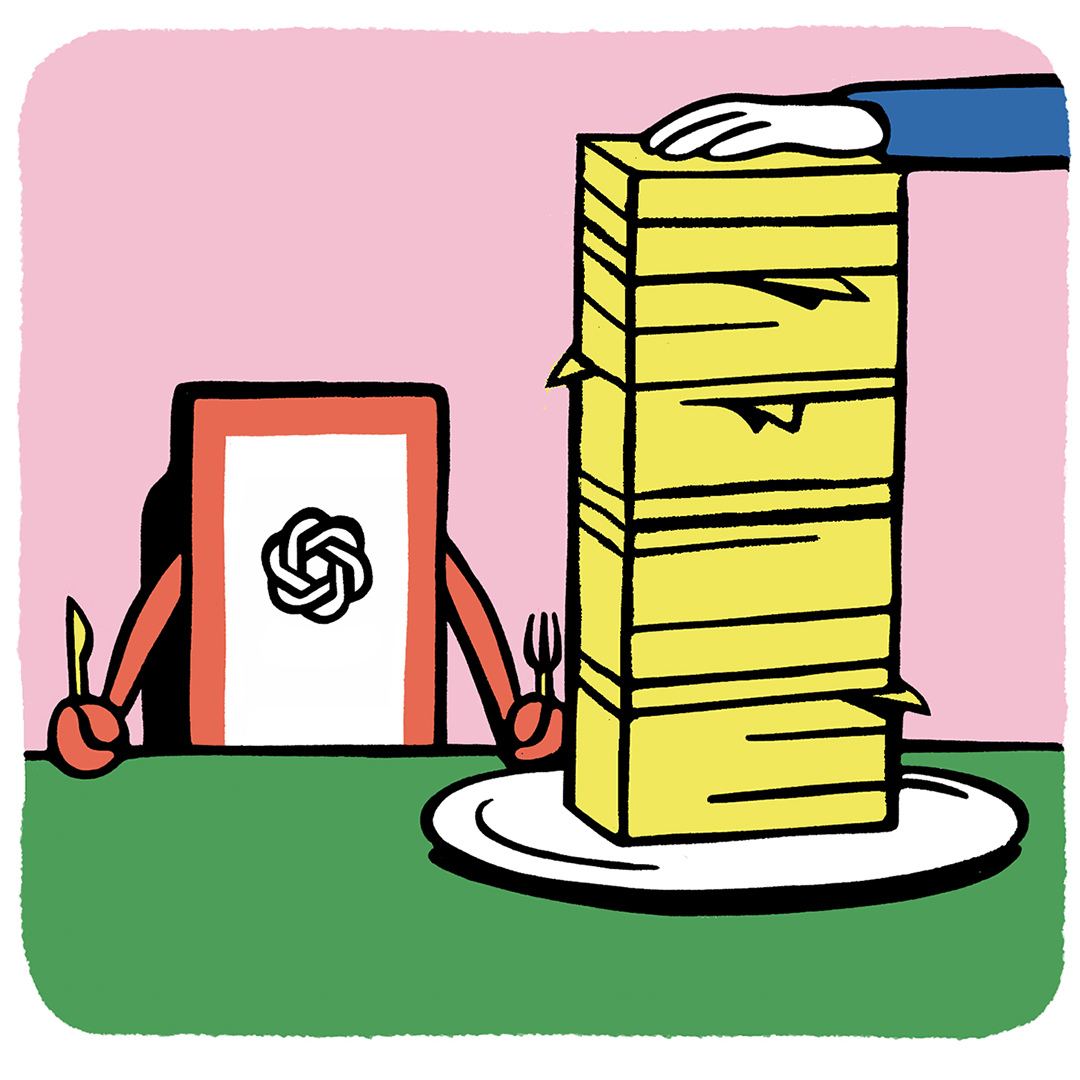
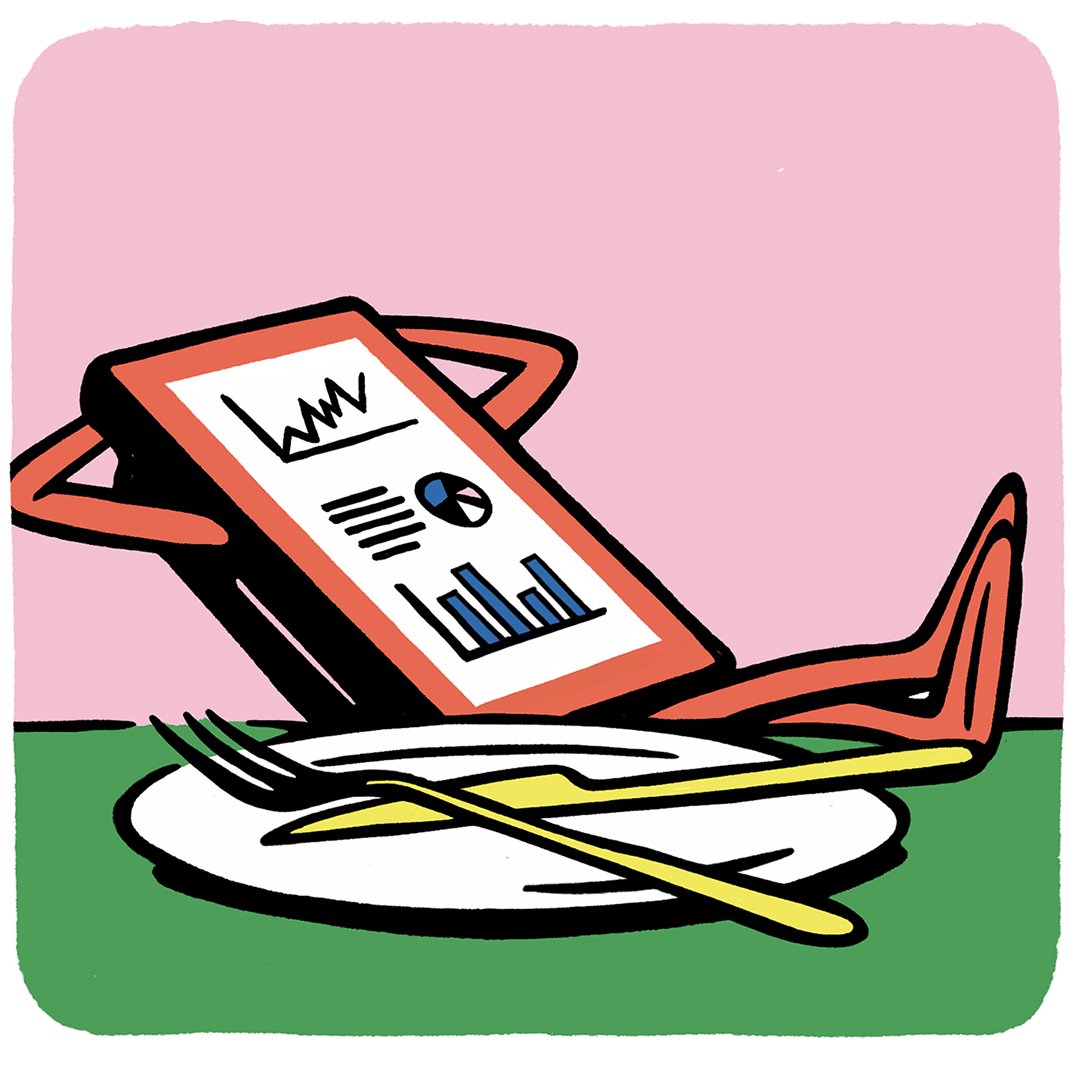
UK-based legal technology firm Search Acumen integrated the chatbot into its existing data-led portal for lawyers for beta testing. The tool works in tandem with the firm’s proprietary AI tool, which is trained on “vast volumes” of the company’s land and property data, spanning over 500 data layers.
The system was trained to principally read local authority data covering CON29 forms, which contain details potential buyers may want to know before purchasing, and LLC1 information from the Local Land Charge Register. This covers restrictions that may affect what owners can do with a property. It reviews the data and creates an exception report tailored to the needs of lawyers.
Lawyers can then ask ChatGPT questions related to the base data and the report to get real-time answers. The chatbot can answer either a selection of pre-formed questions, or more bespoke, complex and varied conveyancer queries.
Andrew Lloyd, managing director at Search Acumen says: “The integration of ChatGPT opens a gateway to further modernisation and technological advancement. Its time-saving abilities for crunching data and reports in an instant should not be underestimated by lawyers.”
With data showing that 40% of property sales are falling through before completion, according to figures from Quick Move Now, the need to update conveyancing has never been so acute, he adds. “It is vital that those involved in the property purchase journey use technology and integrate AI, to weed out avoidable errors and minimise delays.”
Also investigating the potential of OpenAI’s chatbot is UK-based conveyancer ONP Group, which incorporates O’Neill Patient Solicitors, Grindeys, and Cavendish Legal Group.
According to a release from the firm, ChatGPT will automatically extract information from documents from multiple providers, each with their own distinct structure and layout – “resulting in a significant reduction in time and resources required to process each document individually.”
The plan is to test the accuracy of the extracted data against conventional automation methods and “identify and address any discrepancies that may arise, while confirming the reliability of the AI.”
ONP Group is hoping the chatbot will allow its legal team to focus on the more complex aspects of the transaction and prioritise value-adding work, such as personalised client assistance and communication. As a cutting-edge tech, ChatGPT has a powerful pull. But critics highlight limitations related to its performance and suitability for conveyancing tasks.
When solicitor Bird & Co input common conveyancing-related questions into the tool to see if its advice could rival that of a legal expert, it said in a release that the answers looked “detailed and intricate”, even bringing in government information to give “the appearance of factuality”. However, on closer inspection, they “were not always accurate, and the information was often very reductive, without providing much substance.”
Precise and reliable information is critical given that conveyancing deals with the legal transfer of property. Conveyancers' major cost is professional indemnity insurance so using a tool that could undermine the accuracy of their work would be a big concern for insurers, potentially putting the breaks on large scale adoption.
Adrian Tagg MRICS, an associate professor in building surveying at the University of Reading and founder of chartered surveyors Tech DD, says: “I can't imagine for one minute that there would be a professional indemnity insurance provider comfortable with the fact that the content of a report was generated by AI. Feeding in the basic data and telling it to create a report could speed up time, but you'd still have to counter check it to ensure nothing was lost in context.”
Users also need to understand the inherent limitations of the tool and how it works, says Björn-Martin Kurzrock, an expert in digital building documentation and machine learning and professor of real estate studies at the University of Kaiserslauten-Landau in Germany: “Users need to understand they will only get responses to the exact questions posed. So if the question is too general or weak, then the response will also be weak and maybe even wrong.”
“Its time-saving abilities for crunching data and reports in an instant should not be underestimated” Andrew Lloyd, Search Acumen
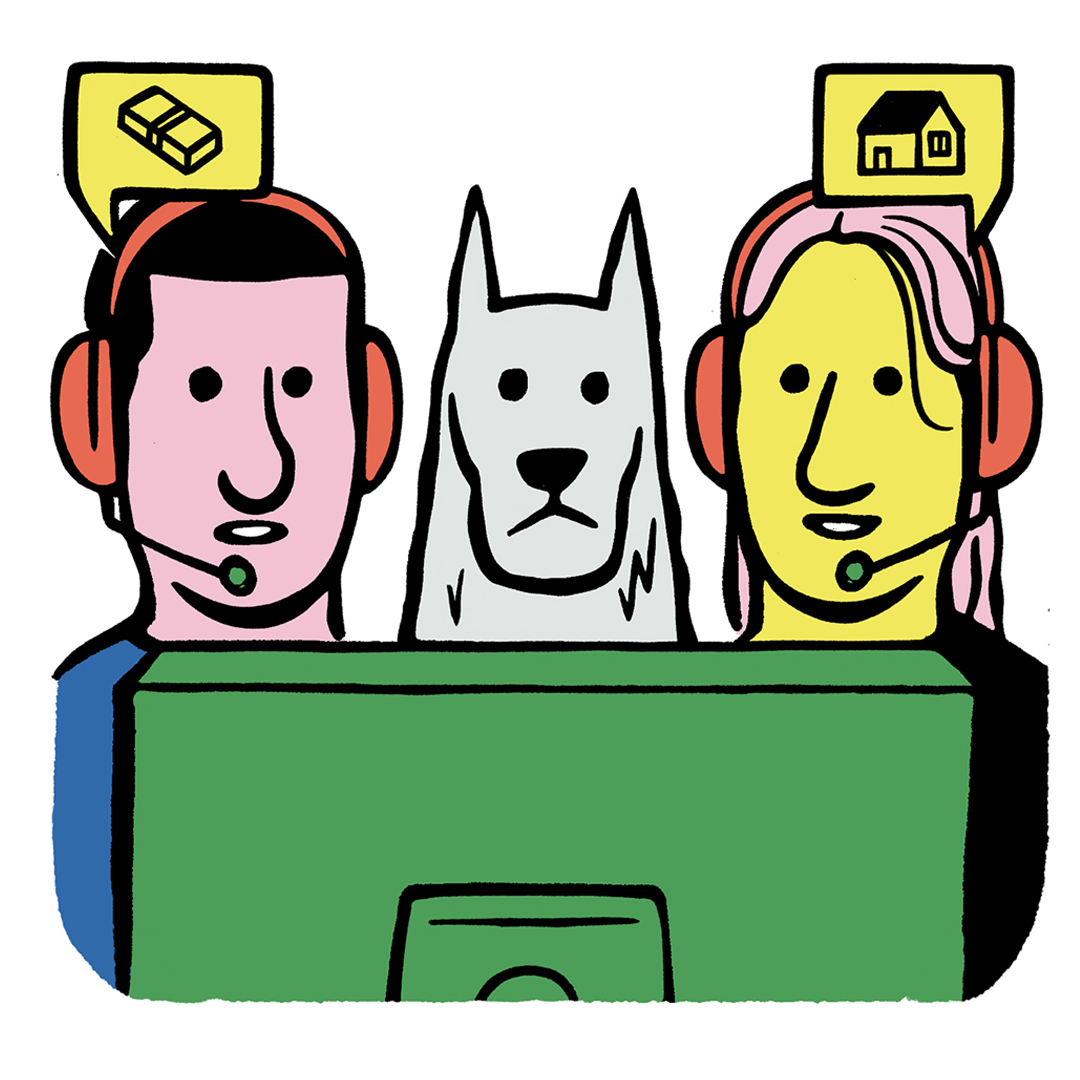
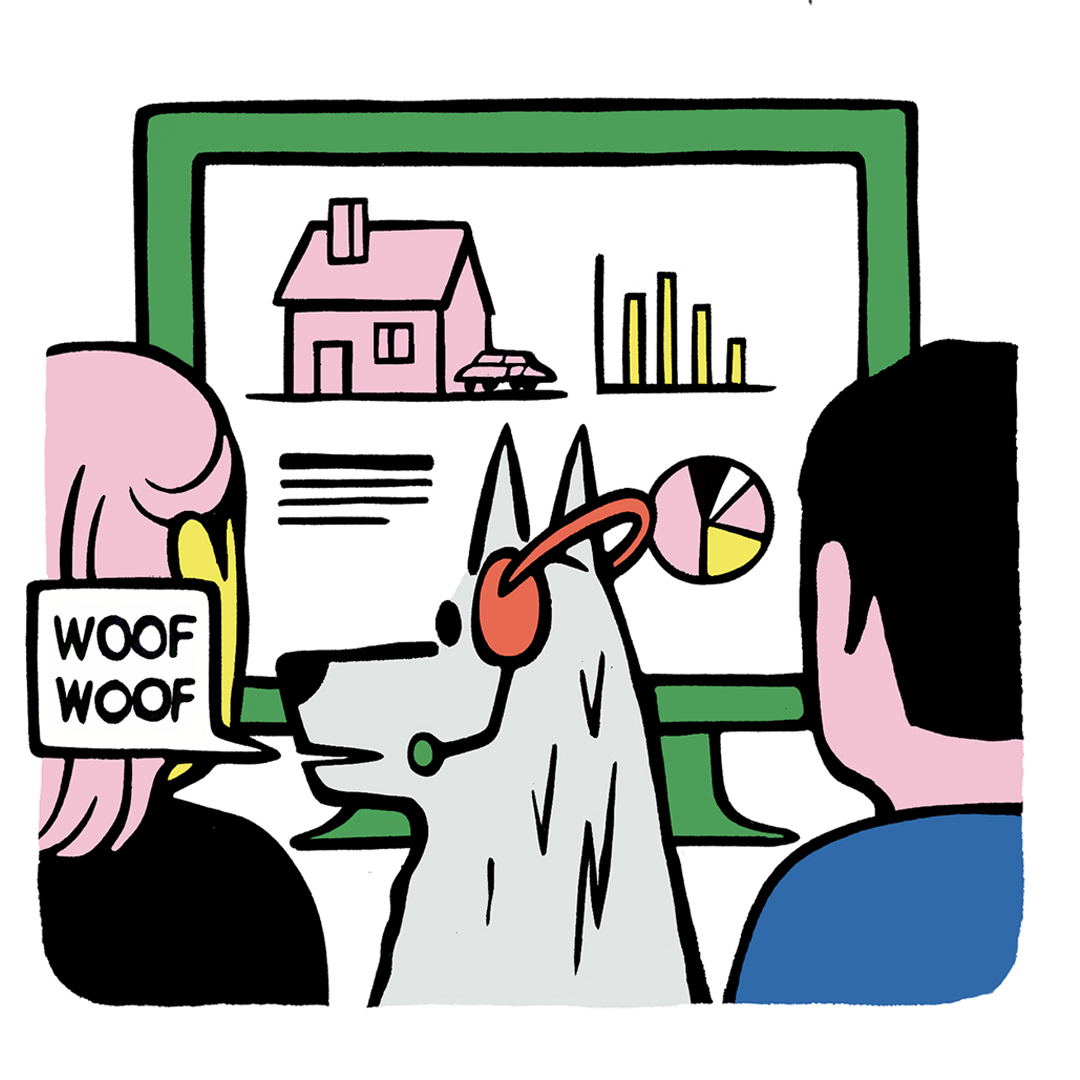
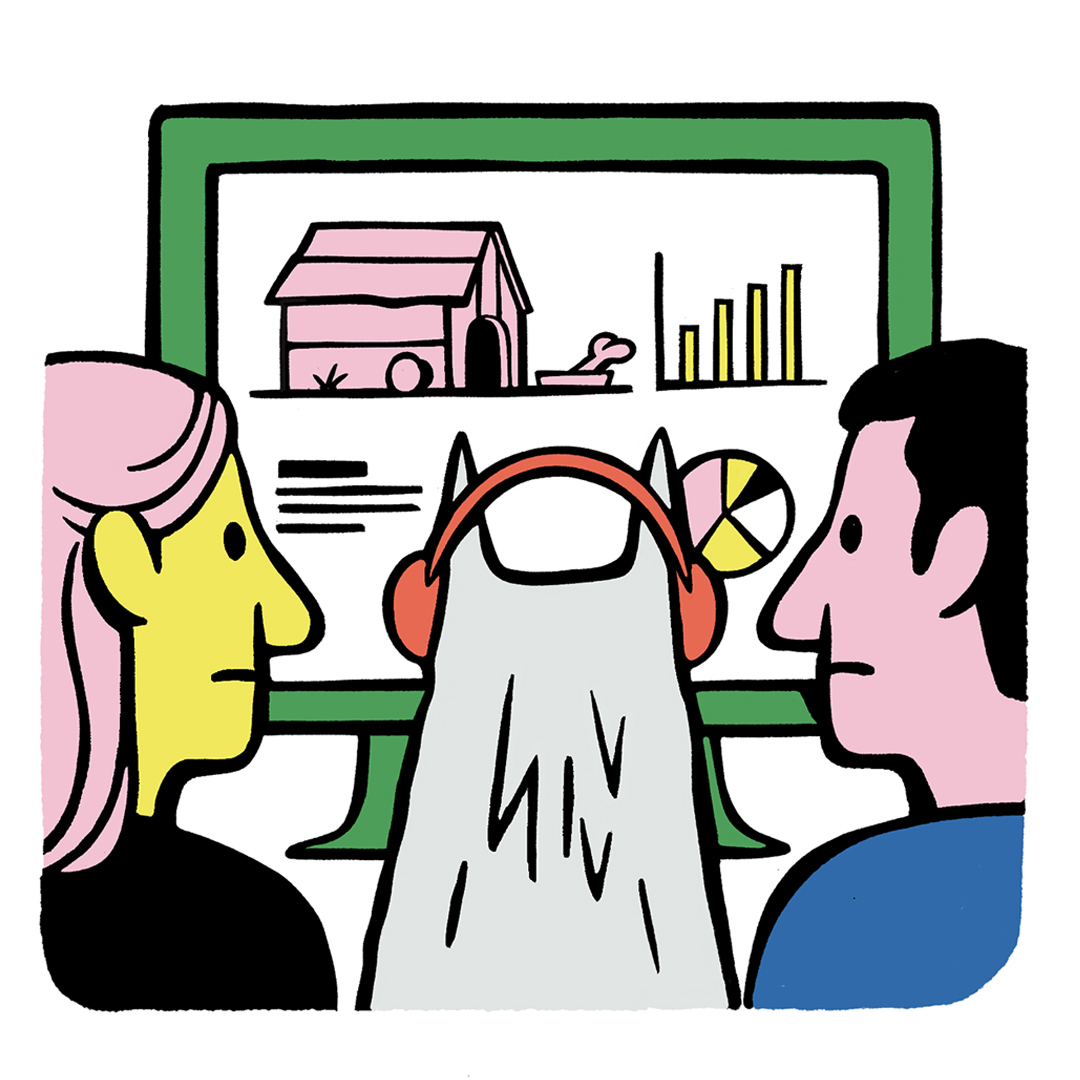
Another potential barrier for ChatGPT and other forms of AI is the lack of digital property data needed to ‘train’ them to make informed decisions.
Over-reliance on paper-based systems has contributed to the lengthy homebuying process. For example, insufficient investment in digitisation in local government in the UK forced the central government to step in and establish the HM Land Registry’s Local Land Charges Programme. It works to digitally standardise and migrate information held by councils into a centralised portal.
Dan Hughes, an expert in the use of data and director of Alpha Property Insight says: “Conveyancing is a complex, political and old-fashioned space. In a nutshell, little of the information that makes up the process is digital, so it is not possible to use AI to analyse this. While there is an argument that AI can help convert paper records into digital versions, there are no standard formats for this information – making it a massive task.”
ChatGPT may not yet be the silver bullet solution needed to streamline conveyancing, but as it and other AI and machine learning systems continue to develop, more advanced and tailored solutions are expected to emerge.
This begs the question: will the roles of qualified conveyancers need to change, or will they simply become redundant? Opinion is split. “Conveyancing is just a process,” says Walley. “If you can tick all the boxes on one side [of the transaction] and tick all the boxes on the other side and get it all to line up, then it should go through instantaneously. Ultimately, conveyancing will be done by machines but there are big obstacles to overcome before we get there.”
Others believe the legal knowledge, professional judgement and experience of a qualified conveyancer will always be intrinsic to the role, limiting the impact of AI on the process.
“There's an approach with driverless technology, which explicitly talks about ‘hands off, eyes on’,” says Tagg. “So even if the driver has their hands off the wheel, they must keep their eyes on the road to ensure safety. In the world of conveyancing, building surveying and other aspects of the property buying process, we're not going to be divorced from that idea any time soon.”
MODUS
Modus staff 25 April 2024
MODUS
Mark Williams 22 April 2024